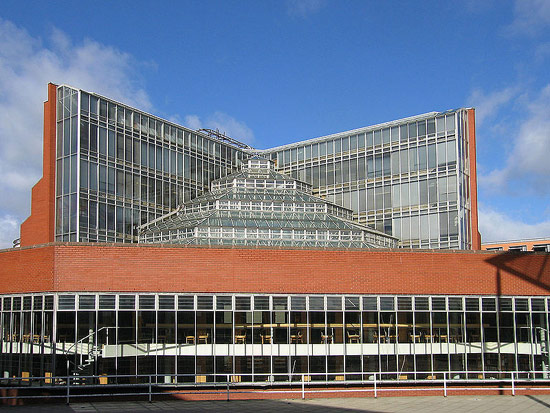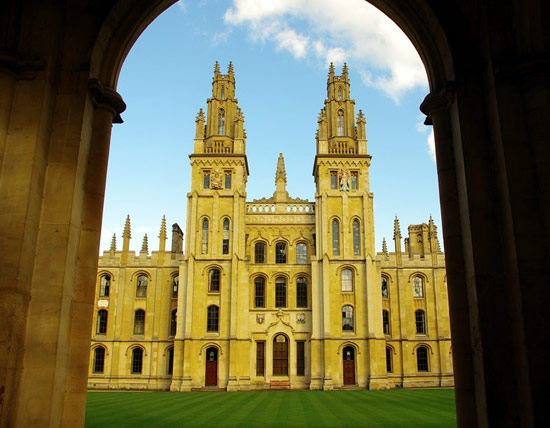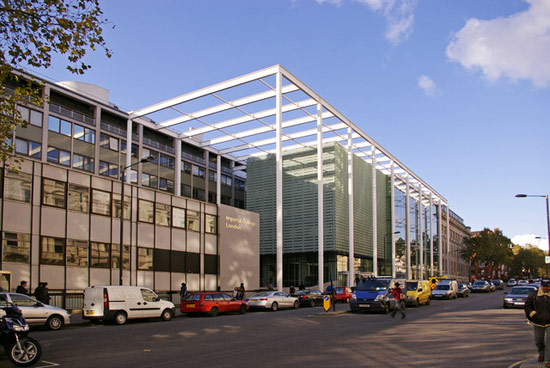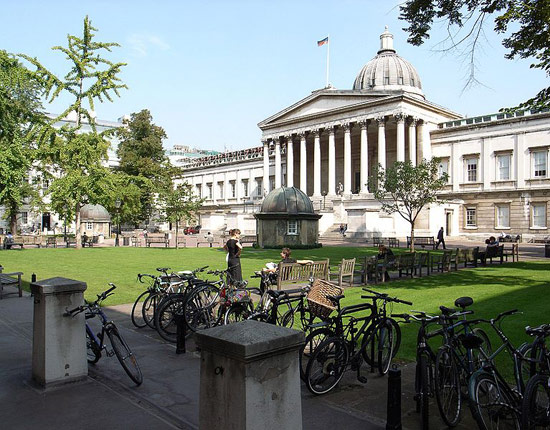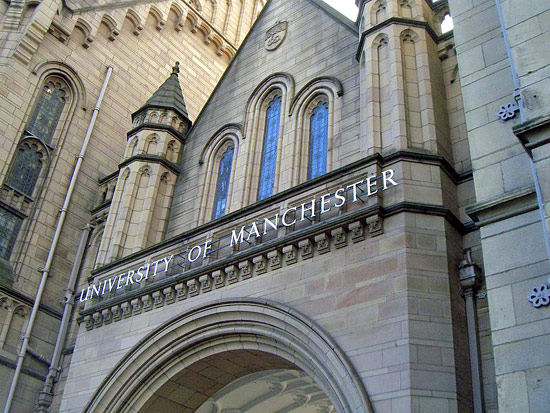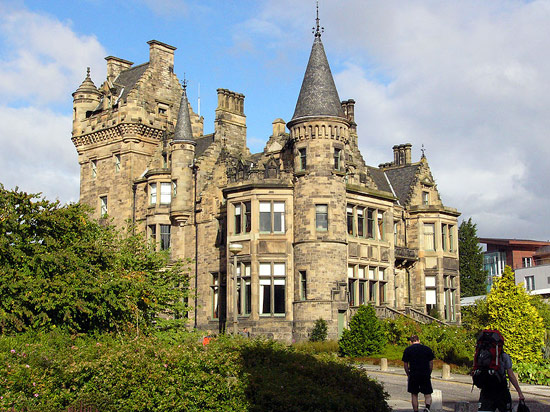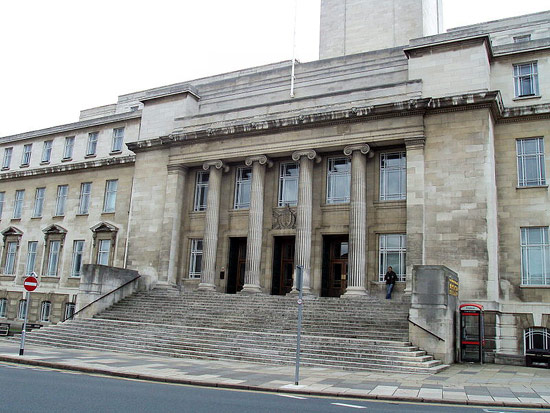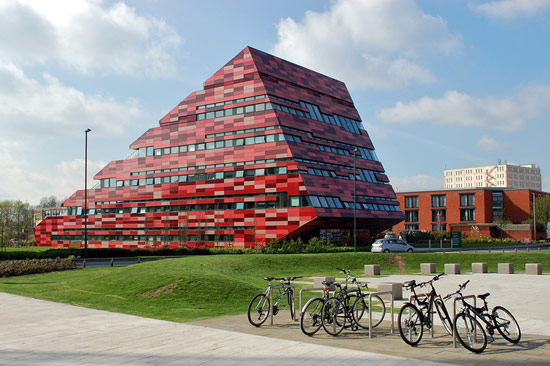Education: Higher Education
There are 149 recognized universities in the UK, of which the vast majority are publicly funded and only two are privately owned. Details of the most significant universities are provided below.
| School | Location (Main Campus) |
| University of Cambridge | Cambridge |
|---|---|
| University of Oxford | Oxford |
| Imperial College of Science, Technology, and Medicine | London |
| University College London (UCL) | London |
| University of Manchester | Manchester |
| University of Edinburgh | Edinburgh |
| University of Leeds | Leeds |
| University of Nottingham | Nottingham |
University of Cambridge
The Old Schools
Trinity Lane
Cambridge CB2 1TN
United Kingdom
Tel: [44] 1223 337 733
Web: www.cam.ac.uk
The University of Cambridge shares the title of the U.K.'s most prestigious university with the University of Oxford; the schools enjoy a strong academic rivalry. The two universities have many common features in their administration, tradition, and course design, and are often jointly referred to as Oxbridge. Cambridge is actually the younger of the two, formed by Oxford scholars leaving the city following legal disputes.
The university has a worldwide status of academic excellence and is often ranked as the leading higher education establishment in the world on all accepted ranking systems. Its graduates have won a total of 61 Nobel prizes, which is the most of any university worldwide. Like Oxford, Cambridge is a collegiate university, meaning that it is made up of self-governing and independent colleges, each with its own property and income. The colleges bring together academics and students from a broad range of disciplines, in a model that other premier universities worldwide have also adopted.
University of Oxford
Wellington Square
Oxford OX1 2JD
United Kingdom
Tel: [44] 1865 270 000
Web: www.ox.ac.uk
Formed before Cambridge, the University of Oxford has the distinction of being the oldest university in the English-speaking world. The same collegiate style of self-governing colleges adopted at Cambridge is used in Oxford, and students and staff develop strong allegiances to their college before their course or faculty.
Admission is based on expected examination results at A-level, as with other U.K. universities, but also on testing interviews and written examinations. Cambridge also adopts this policy, and students are not allowed to apply for both establishments in the same academic year. Once accepted, students receive teaching in the form of tutorials with academic staff in their college, which is supplemented by more traditional lectures and practical work in their academic faculties.
Imperial College London
South Kensington Campus
London SW7 2AZ
United Kingdom
Tel: [44] 20 7589 5111
Web: www3.imperial.ac.uk
Imperial College London was one of the constituent colleges of the University of London until 2007, when it became fully autonomous. Teaching and research are specialized in four core areas of business, engineering, medicine, and natural sciences. Imperial ranks among the world's top 10 universities in terms of research, particularly in biomedical sciences. The university also has an excellent teaching reputation worldwide.
Imperial's main campus is in South Kensington, situated in an area with a high concentration of cultural and academic institutions, including the Natural History Museum, Science Museum, Victoria and Albert Museum, Royal College of Music, Royal College of Art, Royal Geographical Society, and the Royal Albert Hall. Imperial College operates smaller field campuses in Berkshire and Kent, which include such facilities as an experimental nuclear reactor.
University College London (UCL)
Gower Street
London WC1E 6BT
United Kingdom
Tel: [44] 20 7679 2000
Web: www.ucl.ac.uk
The University of London is a federal university made up of 31 affiliates: 19 separate university institutions and 12 research institutes. As such, the University of London is the largest university in the U.K. by number of full-time students, and University College London is the largest of its federal colleges. The main campus is located in central London, but UCL also runs a faculty of energy in Adelaide, Australia. In the U.K., there are seven further faculties and several teaching hospitals, including UCL Partners, the largest academic health science center in Europe.
UCL operates a number of unique and important institutes alongside its teaching. One example is the Jill Dando Institute of Crime Science, the first university department in the world devoted specifically to reducing crime. Founded in 2001, the institute is named for the television presenter shot in the nearby streets in an infamous U.K. murder case.
University of Manchester
Oxford Road
Manchester M13 9PL
United Kingdom
Tel: [44] 161 306 6000
Web: www.manchester.ac.uk
The University of Manchester was formed as a merger of the Victoria University of Manchester (commonly known as the University of Manchester) and the University of Manchester Institute of Science and Technology. The University of Manchester has thus become the largest single university in the U.K., both in terms of student numbers and programs offered. It has a prestigious reputation in most academic disciplines, but particularly life sciences, engineering, humanities, economics, sociology, and social sciences.
The university regularly receives more applications than any other U.K. higher education establishment. This is seen as a reflection of both the quality of its courses and the city's reputation as an exciting and lively student center.
University of Edinburgh
Old College
South Bridge
Edinburgh EH8 9YL
United Kingdom
Tel: [44] 131 650 1000
Web: www.ed.ac.uk
The University of Edinburgh is both an internationally renowned higher education establishment and a UNESCO World Heritage Site. The university is deeply embedded in the fabric of the city, with many of the iconic buildings in the historic Old Town forming part of the campus. Edinburgh was a leading center of the European Enlightenment, and the university became one of the continent's principal universities.
The modern university has significant research and teaching facilities, and is ranked in the top ten for both purposes in U.K. government audits. The university is responsible for a number of historic and modern buildings across Edinburgh, including the oldest and largest library in Scotland with over 2 million volumes.
University of Leeds
Leeds LS2 9JT
United Kingdom
Tel: [44] 113 243 1751
Web: www.leeds.ac.uk
The University of Leeds has its origins in the formation of the Leeds School of Medicine in 1831. In 1874 it merged with the Yorkshire College of Science and began the process of growing into one of the largest single-site universities in the U.K. The modern university has retained its core strengths with more physical science students than any other university in the country. Leeds has also developed expertise in more distinctive and rare specialist areas, such as color chemistry, fire science, nanotechnology, and aviation technology with pilot studies.
University of Nottingham
University Park
Nottingham NG7 2RD
United Kingdom
Tel: [44] 115 951 5559
Web: www.nottingham.ac.uk
The city of Nottingham has offered high-level education since the formation of an adult education college in 1798. This institution gradually grew into a university, and in 1920, moved out of the city center to a large campus on the city outskirts. It has subsequently become a highly regarded university on account of both its academic quality and the convenient central location within the country. The university claims to receive 10 applications for every available place.
The university has five faculties: Arts, Engineering, Science, Social Sciences, and Medicine and Health Sciences. The university has also opened campuses in both Malaysia and China, where more technical courses in computer science and global business are offered.
Copyright © 1993—2024 World Trade Press. All rights reserved.

 United Kingdom
United Kingdom 